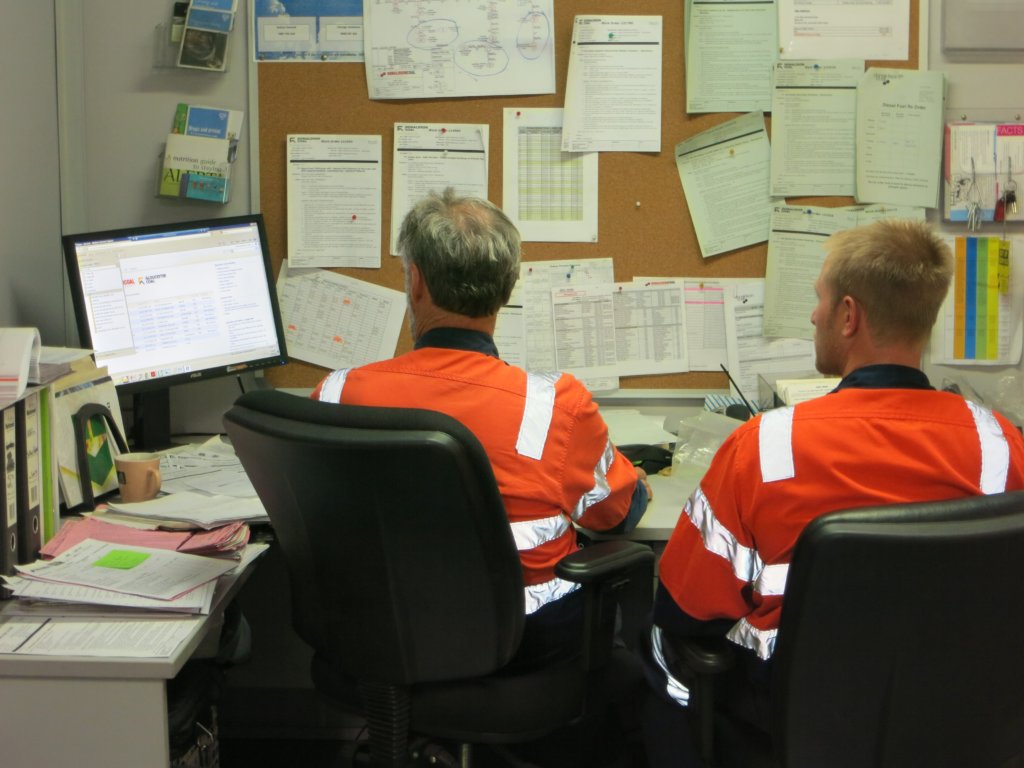In this excerpt from our new self-paced training, available in fall 2022, Allan Barry details the skills and personality traits needed to be a good planner.
What exactly is a maintenance planner?
Every maintenance job is planned by someone. For productivity and work quality reasons, planning is most efficiently done by a role in the organization designated to plan work. While some smaller plants may have the trades person plan their jobs, it is rarely efficient. Whether you have planners or not, the most important aspect is that planning of maintenance work is someone’s responsibility and they have the skill and time to plan effectively.
The advantage of having the role of planner as a separate and distinct role is that this role looks to the future and is one step removed from the day-to-day operation. The role should be focused on work that will be day days or weeks in the future (and for shutdown planning…months in the future).
What skills does a planner need?
They need an understanding of the work that needs to be done. Many planners come from a trades background but they may find themselves planning for a different kind of trade than their background. Their knowledge will grow with time but an important skill is to be able to ask those with more knowledge to assist. Guessing at details that are not understood will result in jobs that will not be followed. This will destroy the benefit of the planning function.
Download our Checklist for planning
They need to think logically. Planners should visit the job site and review the job scope and then be able to break down the steps of the job into components or tasks. They need to analyze each step to determine the tools, materials, documents and time needed to complete each step. To ensure productivity and safety, no task can be overlooked.
They need good communication skills. The result of planning is a work order package that must clearly convey what needs to be done and the quality standard. Good speaking and management skills are vital for the planner as they are responsible for participating and event facilitating planning meetings. They should also be responsive to phone and emails messages, including asking requestors of work for more information about a work request if the information originally provided is not clear enough to scope and plan the job.
Basic photography skills. Visual images are great for improving understanding of a job in a plant. Most everyone can take a good picture with tools such as a smartphone, tablet or digital camera. All planners should have access to a digital camera or device to take photos in the field. If they are remote, they will need to rely on and ask people in the field to take pictures of the area and equipment of the job that needs to be planned.
Typing skills and basic computer skills. A planner may spend several hours a day typing up job plans. They should take a typing course or a virtual skills course in typing to improve speed. Word processing and spreadsheets are good tools for them to use. They don’t need to be masters at either but rather have the basic understanding of the functions they will use. Planners must have up-to-date computers with the latest software installed to perform their work.

They should also be well-versed in the organization’s CMMS system (Maximo, SAP, etc.). Planners are often look upon as power users of the CMMS system, its essential planners know how to use the planning and scheduling features of the CMMS system. They should also be able to use the reporting and analytical functions.
Attention to detail. They must be detailed oriented. The safety and effectiveness of the trades depends on the planner not overlooking any detail of the job.
Organized and orderly. Their office and files tidy and in order. If another person needs to “step into the planner’s shoes” they should be able to find important files and plan the job without interrupting the flow of work.




